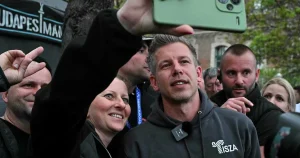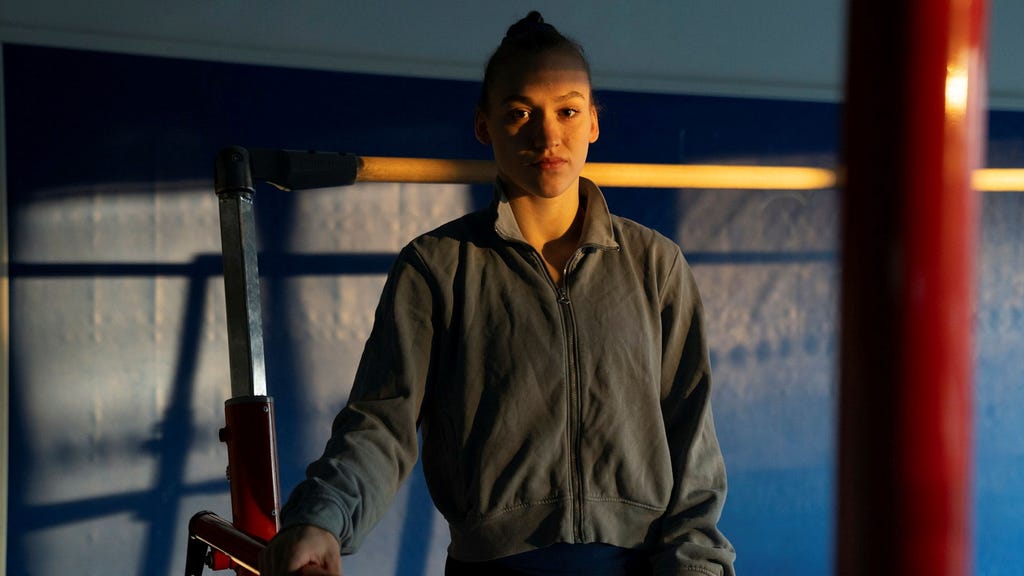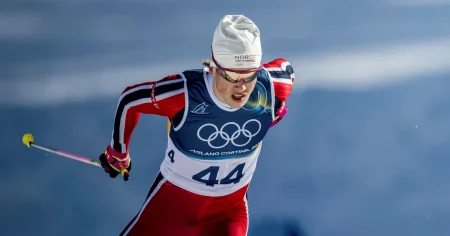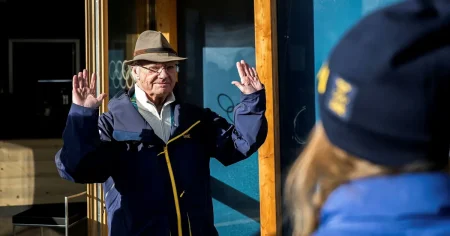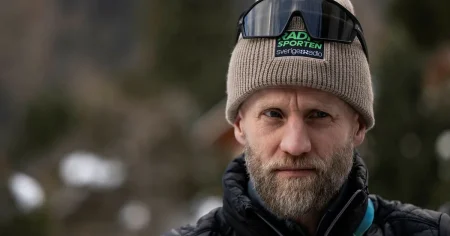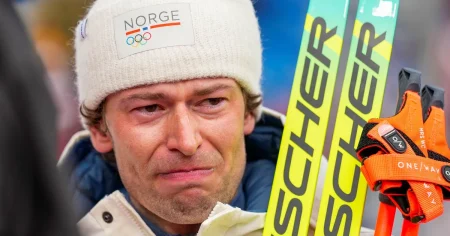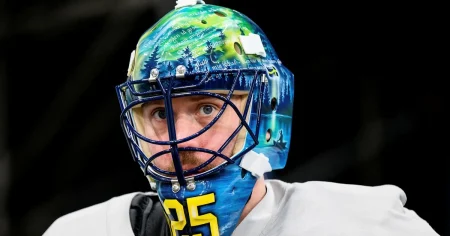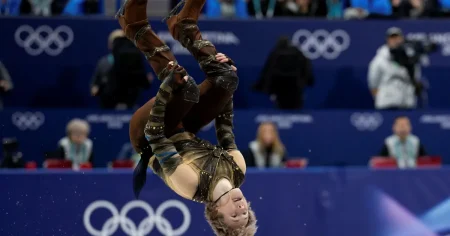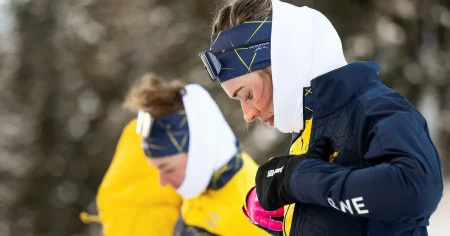The Swedish national gymnastics team is facing a growing crisis, sparked by allegations of an unhealthy training environment and a culture of silence at its Eskilstuna-based training center. The controversy began last month when gymnast Tonya Paulsson announced her decision to switch nationalities and compete for Taiwan, citing dissatisfaction with the training conditions. Now, another seasoned and accomplished national team gymnast, Alva Eriksson, has come forward to support Paulsson’s claims and further criticize the training environment.
Eriksson, a member of the Stockholm Top Gymnastics (STG) club, is one of six senior and junior gymnasts from the club who have opted out of the national team training camp scheduled for December 12-13 in Eskilstuna. This decision follows STG’s public criticism of the national team program and its unsuccessful attempts to address these concerns with the Swedish Gymnastics Federation. While the federation claims surprise at the allegations, STG maintains that their concerns have been repeatedly dismissed, with gymnasts essentially told to leave the national team if they are dissatisfied.
Central to the criticism is the alleged preferential treatment given to gymnasts from the Eskilstuna GF club, where national team coach Helena Andersson Melander also serves as a coach. Eriksson and Paulsson both allege a pattern of disparaging remarks and differential treatment towards gymnasts from other clubs, contributing to an environment where many gymnasts have been driven to quit due to injuries and a lack of motivation. Adding to the controversy is Andersson Melander’s refusal to directly address the accusations, repeatedly declining interview requests.
Eriksson, who has been involved with the national team since the age of eleven, describes a long-standing pattern of problematic behavior within the national team structure. She emphasizes that the grueling training regime itself is not the issue, but rather the accompanying culture of silence, favoritism, and demeaning communication from the coaching staff, particularly towards gymnasts from clubs outside of Eskilstuna. This environment, she argues, stifles open communication and creates a sense of unease and anxiety, ultimately hindering athletes’ well-being and performance.
This controversy extends beyond the gymnastics federation and involves the Swedish Olympic Committee (SOK). Eriksson criticizes SOK’s sport director, Anders Wiggerud, for dismissing the gymnasts’ concerns as ”deeply unfair” and points to a perceived lack of engagement from SOK with the issues at hand. She also suggests that the investment of resources and prestige into the Eskilstuna center may be making it harder for the federation and SOK to acknowledge and address the deeply rooted problems within the program.
The situation highlights a complex dynamic within elite sports, where the pursuit of excellence and international competitiveness can sometimes create pressure to prioritize results over athlete well-being. The gymnasts’ decision to speak out, despite potential repercussions for their careers, underscores the urgency of their concerns and the need for systemic change within the Swedish national gymnastics program. The ongoing silence from the national team coach and the defensive posture of the federation and SOK raise further questions about their commitment to addressing the issues and creating a truly supportive and healthy environment for all athletes. The future of the Swedish national gymnastics team hangs in the balance, as the federation and SOK must decide whether to prioritize protecting the existing system or listen to the voices of its athletes and implement meaningful change.



